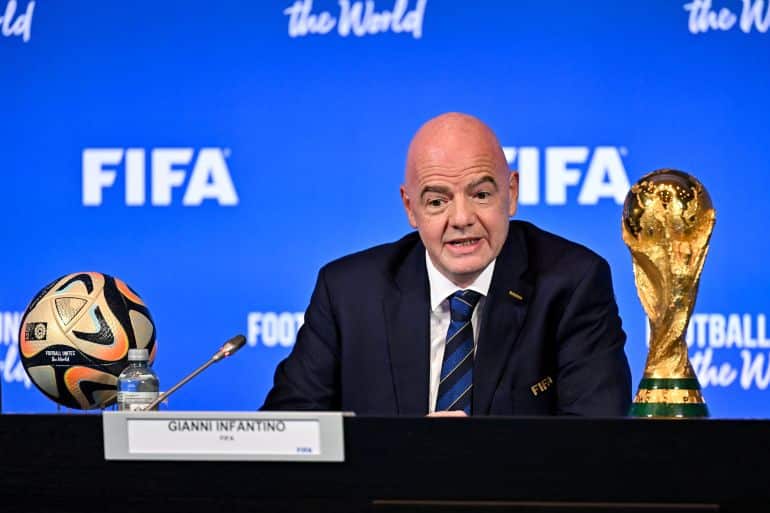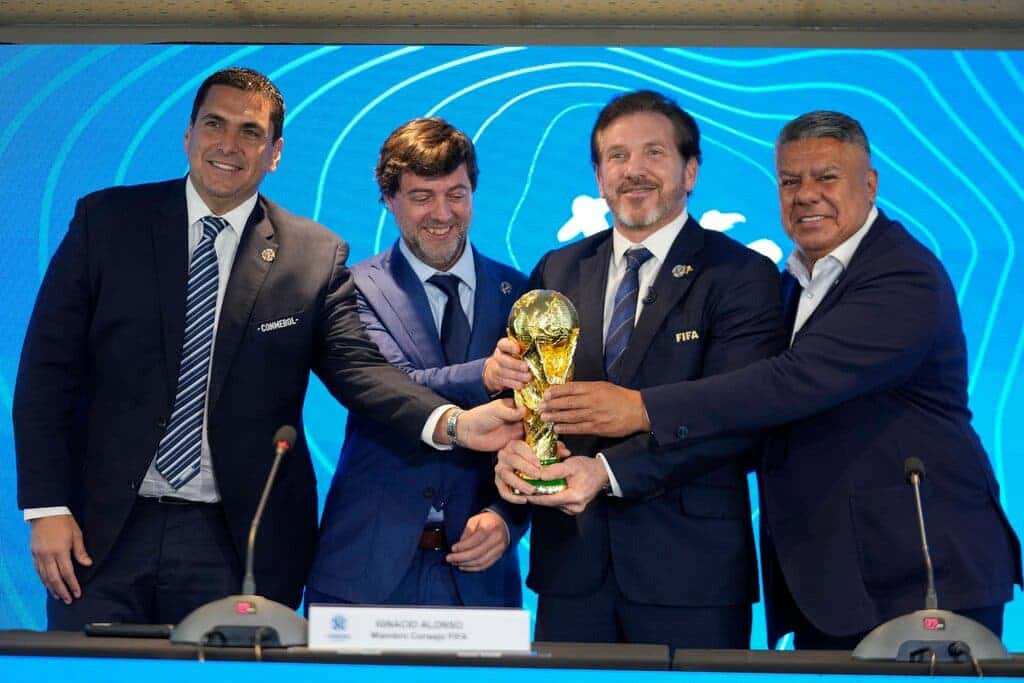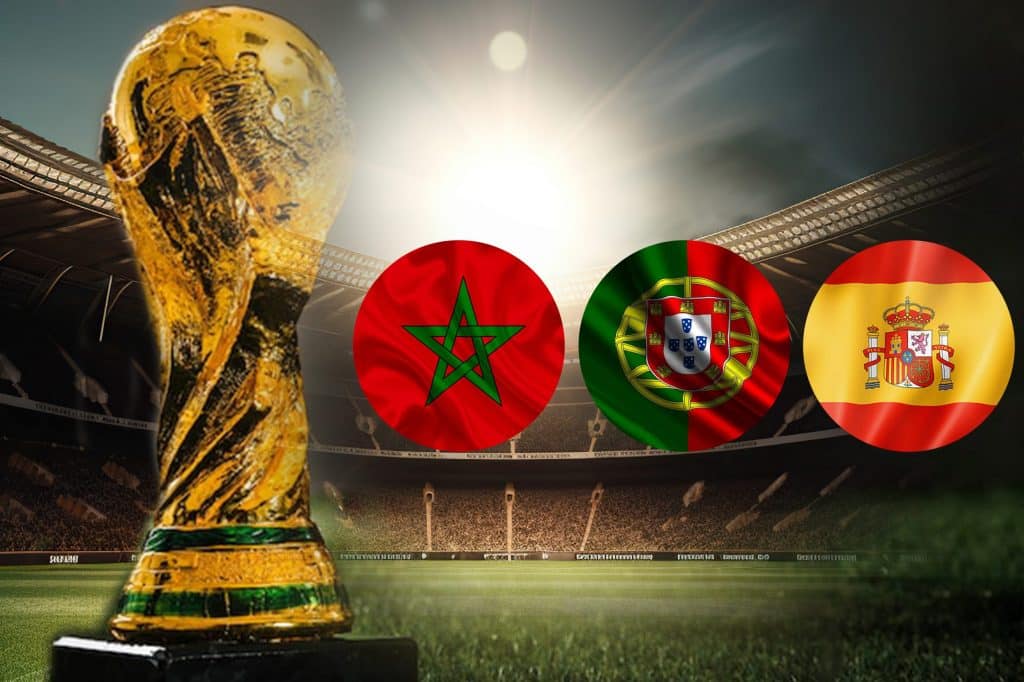2030 FIFA World Cup
The 2030 FIFA World Cup will be the 25th edition of the FIFA World Cup, the quadrennial international men’s football championship contested by the national teams of the member associations of FIFA. The tournament is scheduled to take place from June 8 to July 20, 2030, and will be jointly hosted by Spain, Portugal, and Morocco, marking the first time the World Cup will be held across three nations and two continents (Europe and Africa).
The 2030 World Cup will feature 48 teams, an expansion from the previous 32-team format, following FIFA’s decision to increase the number of participating nations. This will be the second World Cup to use the 48-team format, after the 2026 edition. The tournament will be held in 16 cities across the three host countries, with matches played in state-of-the-art stadiums, including newly constructed venues and renovated existing ones.

Host Selection
The hosting rights for the 2030 FIFA World Cup were awarded to Spain, Portugal, and Morocco on July 15, 2028, during the FIFA Congress in Buenos Aires, Argentina. The joint bid, titled “Unity Across Continents,” emphasized the cultural and historical ties between Europe and Africa, as well as the commitment to sustainability and innovation in hosting the tournament. The bid faced competition from other joint proposals, including a South American bid involving Argentina, Uruguay, Paraguay, and Chile, and a solo bid from Saudi Arabia.
The 2030 World Cup holds special significance as it marks the 100th anniversary of the inaugural FIFA World Cup, which was held in Uruguay in 1930. The South American bid had sought to commemorate this milestone, but FIFA ultimately chose the tri-nation proposal due to its infrastructure readiness and global appeal.
Venues
The tournament will be played across 16 host cities, with matches distributed among the three host countries as follows:
Spain
- Madrid – Santiago Bernabéu Stadium
- Barcelona – Camp Nou
- Seville – La Cartuja Stadium
- Valencia – Mestalla Stadium
- Bilbao – San Mamés Stadium
Portugal
- Lisbon – Estádio da Luz
- Porto – Estádio do Dragão
- Faro – Algarve Stadium
Morocco
- Casablanca – Grand Stade de Casablanca
- Rabat – Prince Moulay Abdellah Stadium
- Marrakech – Marrakech Stadium
- Tangier – Ibn Batouta Stadium
- Agadir – Adrar Stadium
- Fez – Fez Stadium
- Oujda – Honneur Stadium
Each host city has committed to upgrading its infrastructure, including transportation, accommodation, and sustainability initiatives, to ensure a seamless experience for fans and players.

Tournament Format
The 2030 FIFA World Cup will feature 48 teams, divided into 12 groups of 4 teams each. The top two teams from each group, along with the 8 best third-placed teams, will advance to the knockout stage, which will include the Round of 32, Round of 16, Quarter-finals, Semi-finals, and the Final.
The opening match will be held at the Santiago Bernabéu Stadium in Madrid, Spain, while the final will take place at the Grand Stade de Casablanca in Morocco, marking the first time a World Cup final will be played in Africa.
Qualification
The qualification process for the 2030 FIFA World Cup will begin in 2028, with FIFA’s six continental confederations organizing their respective qualifying tournaments. The host nations—Spain, Portugal, and Morocco—will receive automatic qualification, leaving 45 spots to be filled through competitive play.
Innovations and Sustainability
The 2030 World Cup will introduce several innovations, including the use of AI-assisted refereeing and advanced VAR technology to ensure fair play. Additionally, the tournament will prioritize sustainability, with all venues powered by renewable energy and a commitment to achieving a carbon-neutral event. Fans will be encouraged to use public transportation, and single-use plastics will be banned in all stadiums.

Broadcasting and Sponsorship
The broadcasting rights for the 2030 FIFA World Cup have been secured by major networks worldwide, ensuring global coverage. FIFA has also partnered with leading brands as sponsors, including Adidas, Coca-Cola, and Qatar Airways, among others. The tournament is expected to generate record-breaking revenue, surpassing the 2026 edition.
Legacy
The 2030 FIFA World Cup aims to leave a lasting legacy by promoting unity, diversity, and innovation. The host nations plan to use the tournament as a catalyst for economic growth, social development, and international cooperation. Additionally, the event will inspire future generations of footballers and fans, particularly in Africa, where the sport continues to grow in popularity.




